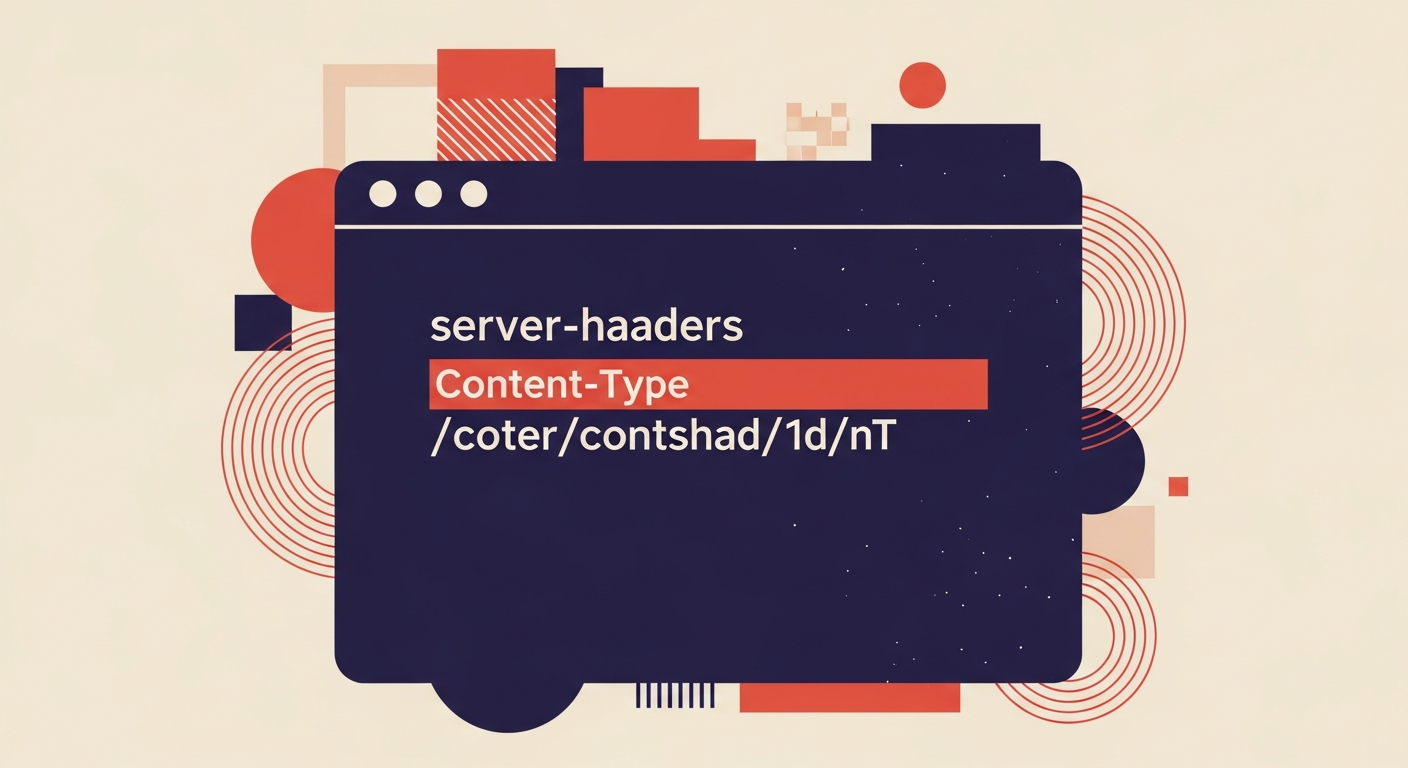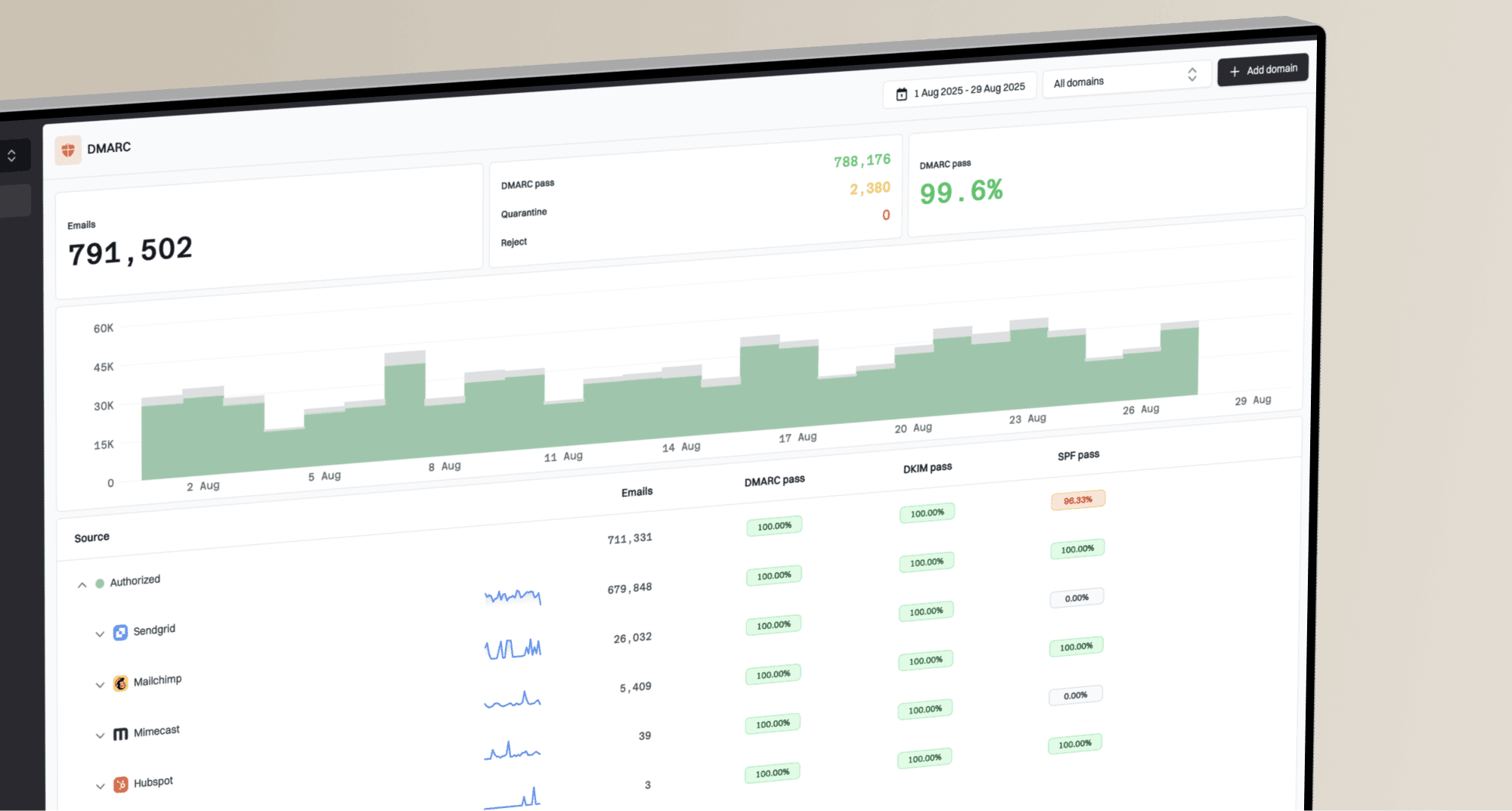What is the content-type for an MTA-STS policy file?

Michael Ko
Co-founder & CEO, Suped
Published 3 Apr 2025
Updated 16 Sep 2025
5 min read


Content-Type: text/plain; charset=utf-8
 Microsoft's documentation for MTA-STS
Microsoft's documentation for MTA-STSlocation /.well-known/mta-sts.txt { add_header Content-Type "text/plain; charset=utf-8"; return 200 "version: STSv1\nmode: enforce\nmx: mail.example.com\nmax_age: 86400"; }

